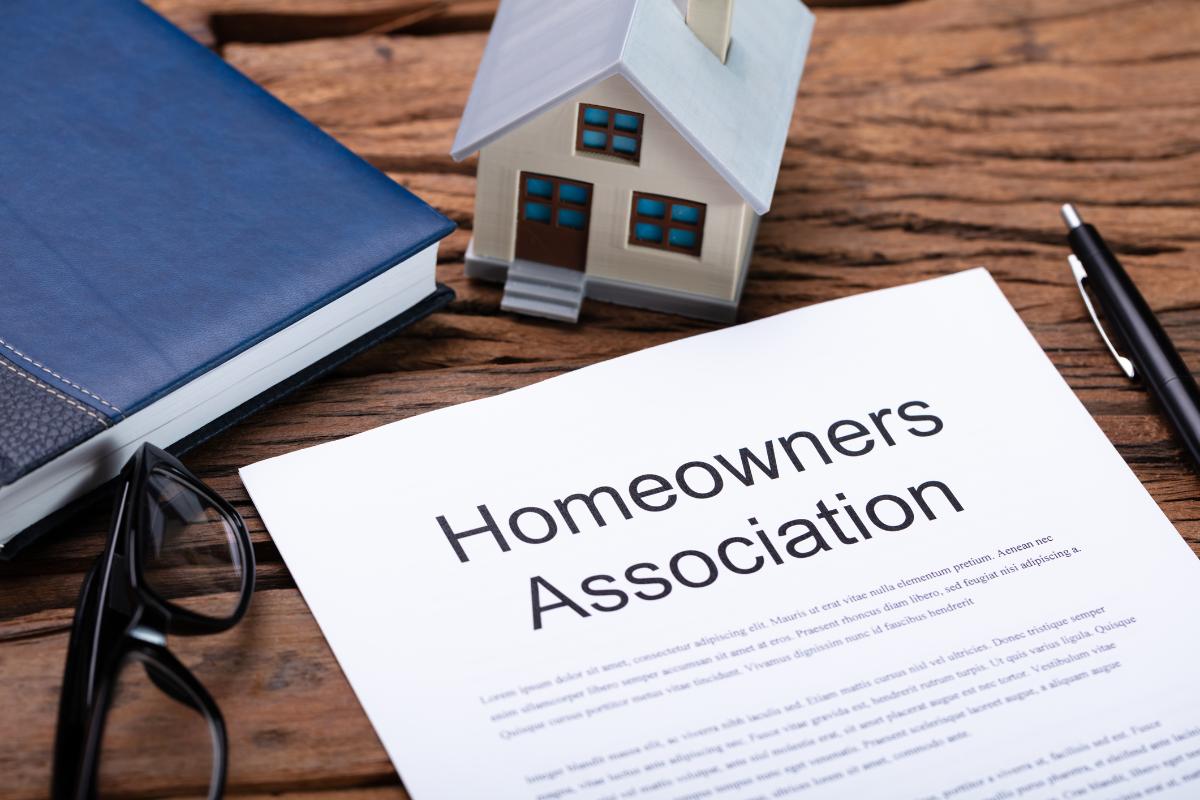Many Arizona communities are subject to homeowners’ associations or HOAs, which set various rules that govern those communities. Recent legislative sessions in Arizona led to some major changes in state HOA laws that took effect in November 2023. If you need legal advice about your HOA or other real estate matters, an Arizona real estate lawyer at Provident Law® can assist you.
Here are five new Arizona laws that affect the owners and residents HOA-governed communities.
1. HB-2067 – Automatic Removal of HOA Board for Failing to Hold Special Recall Meeting – The purpose of HB-2067 is to prevent an HOA board from refusing to hold a special meeting to avoid the recall of one or more of its governing board members. When dissension in an HOA-governed community arises, and community members want to request a special meeting to recall one or more HOA board members, they must gather the required number of community member signatures to petition the board to hold a special meeting. However, the HOA board often refuses or ignores their request, which leaves community members with no choice but to hire a real estate lawyer and sue their HOA board.
However, under HB-2067, community members need not go through the time-consuming and expensive process of suing the board to ensure that a special meeting is held. Instead, if the HOA board fails to schedule, give notice of, and hold a special meeting within 30 days of receiving the members’ petition, the entire HOA board is automatically recalled without a vote on the 31st day following receipt of the petition.
2. HB-2298 – HOA Regulation of Speed and Parking in Communities with Municipal or County-Owned Streets – Some HOA boards have attempted to regulate speed and parking by issuing citations to homeowners in HOA-governed communities, even where the communities are composed of municipal or county-owned streets, as opposed to HOA-owned private roads. Under HB-2298, the HOA membership has one opportunity to hold a community vote on whether the HOA is permitted to enforce road restrictions such as parking and speed. Communities must hold this ballot measure and conduct a vote no later than June 30, 2025. If the vote to grant the HOA traffic control over these roads fails, then the HOA will never have authority to issue citations or otherwise enforce traffic restrictions on these community roads.
However, keep in mind that it may take only a simple majority of HOA members at a special meeting, assuming that a quorum is present, for the ballot measure to pass. As a result, the measure could pass with a relatively small number of votes, depending on the circumstances.
3. HB-2251 – Potential Liability of a Condominium Unit Owner for the Condo Association’s Insurance Deductible – Under HB-2251, condo unit owners can file claims against the condo association’s master insurance policy if they suffer damage to their units caused by issues with the common property. However, they first must give notice to the condo association board that they intend to do so and allow the board ten days to decide whether they want to pursue a claim on behalf of the condo association. Within that ten-day period, the condo association must notify the condo unit owner in writing if it chooses not to file a claim and give its reasons for not doing so. In that case, the condo unit owner still can file a claim against the condo association’s master insurance policy, subject to the policy deductible.
This change in the law raises issues about whether the master insurance policy deductibles are common expenses to be shared by all condo owners, or if the unit owner filing the claim is responsible for the entire deductible. Therefore, as part of the new law, condo associations must inform condo unit owners in writing each year about their responsibility for deductibles under the master insurance policies and the amounts of those deductibles.
4. HB-2301 – Political Activity in Gated Planned Communities and Condominium Communities – HB-2301 states that HOAs in these gated communities may not restrict political activity. However, the HOAs may require that any non-resident be accompanied by a resident of the community when present in the community conducting political activity.
5. SB-1049 – HOAs Must Permit the Display of Any Historical Versions of American Flags
Contact Us Today for Help with HOA & Real Estate Issues
The real estate lawyers at Provident Law® have over 200 years of combined legal experience. We aim to build a relationship with you and our clients as we work with you through your most complex legal problems. Call us today at (480) 388-3343 or contact us online to see what we can do for you.


